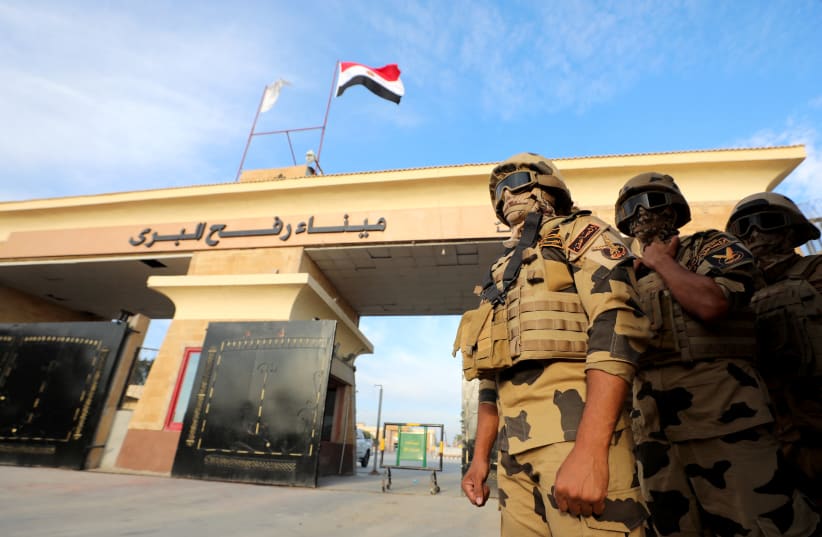
A Broken Promise
The Rafah crossing, located between the Gaza Strip and Egypt, was once hailed as a gateway to freedom for Palestinians. Following the signing of the Agreement on Movement and Access in November 2005, a monumental promise was made to the people of Gaza. For the first time since 1967, Palestinians were to gain control over entry and exit from their territory via an international crossing at Rafah—free from Israeli control.
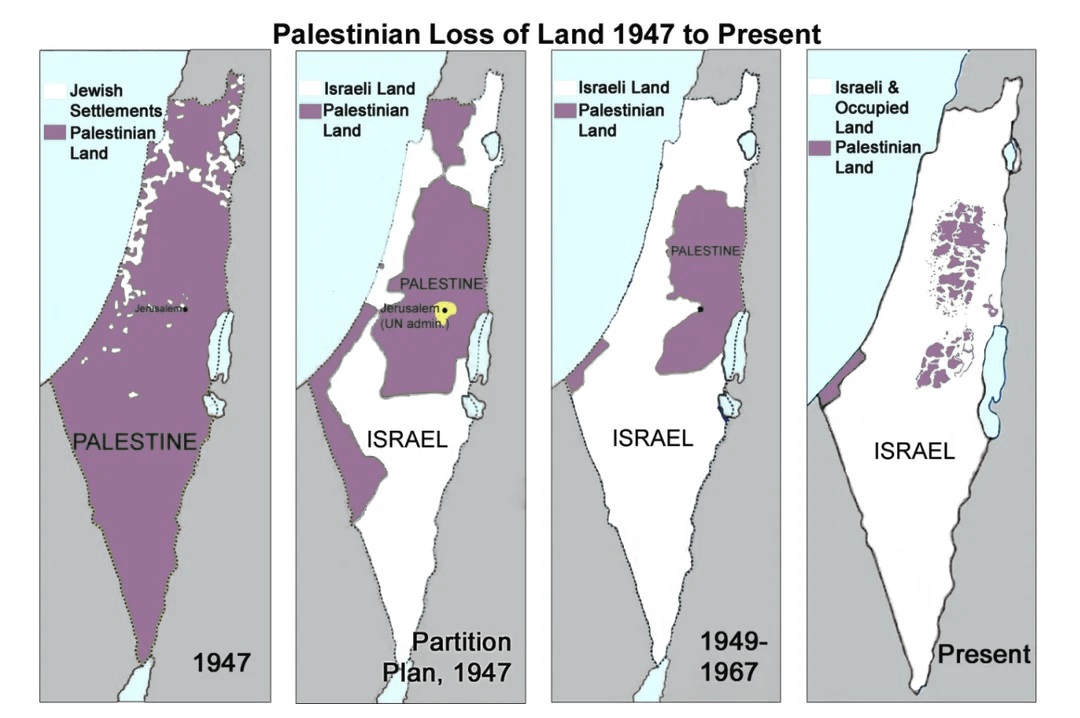
A Century-Long Tug-of-War
In 1850, Palestine was home to approximately 500,000 inhabitants, predominantly Arabs. The population consisted of 400,000 Muslims (80%), 75,000 Christians, and 25,000 Jews, alongside a small Druze community. For centuries, these groups lived in relative harmony. However, the late 19th century brought a significant shift with the emergence of Zionism—a political movement advocating for the establishment of a Jewish state in response to discrimination and violence faced by Jews in Europe. Initially, various territories were considered for this endeavor, but the Zionists ultimately chose Palestine.
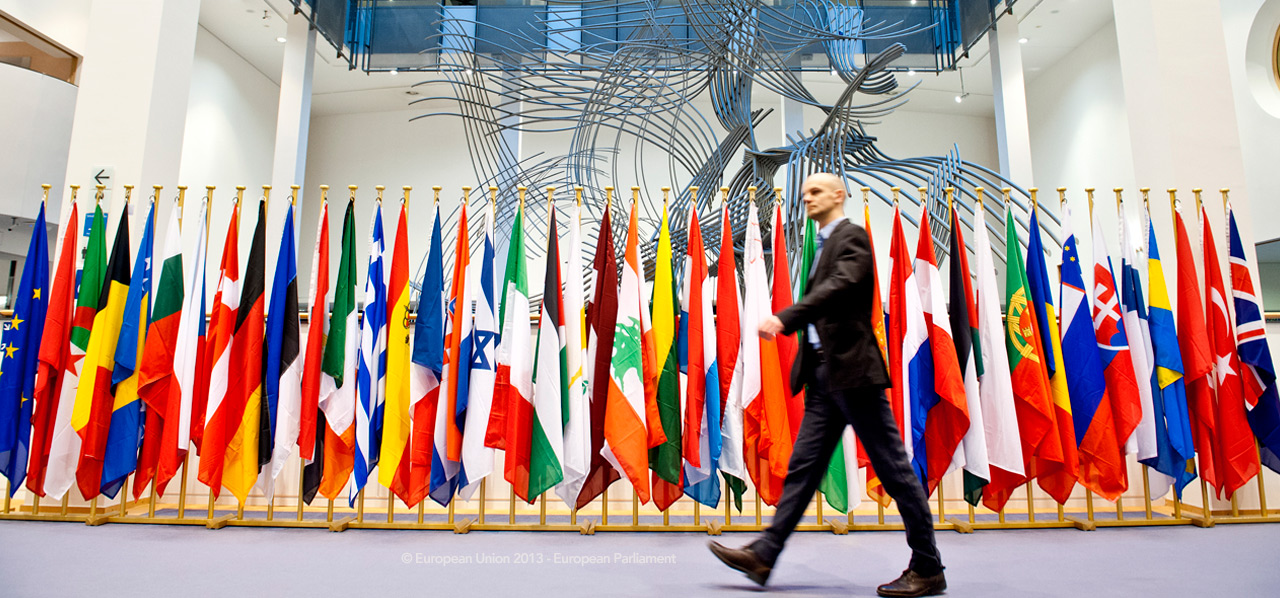
A Global Call for Justice
The humanitarian crisis in Gaza has reached unprecedented levels, raising urgent questions about international accountability and the enforcement of human rights standards. For years, Israel's blockade of Gaza has severely restricted access to essential supplies, leaving millions of Palestinians in dire conditions. These actions, widely regarded as "collective punishment," are in direct violation of international humanitarian law, specifically Article 33 of the Fourth Geneva Convention.
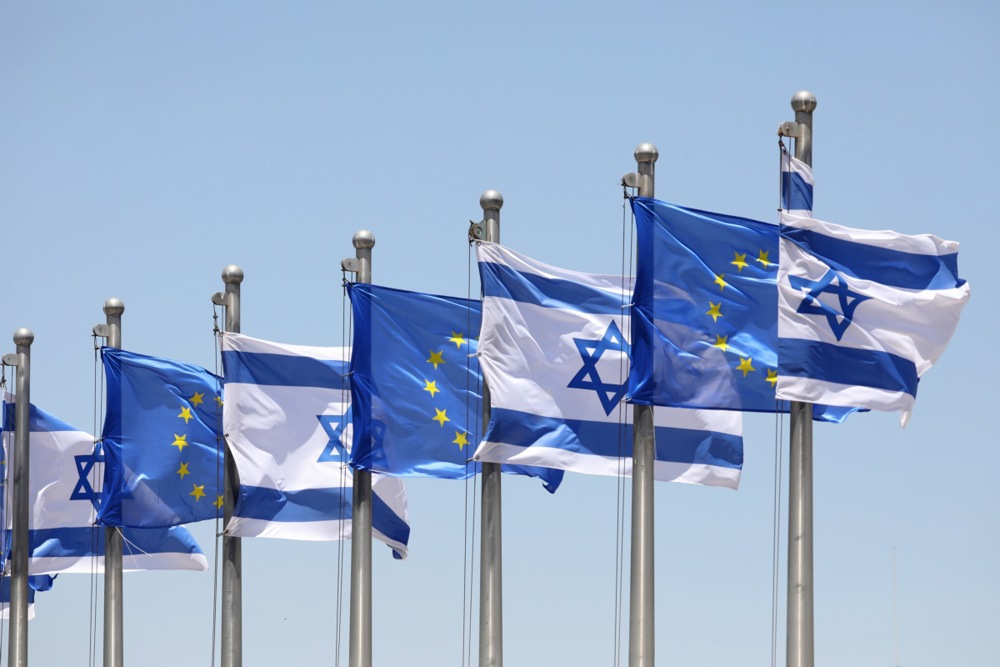
A Human Rights Paradox
The EU's financial support for Israeli arms companies highlights a troubling disconnect between its stated commitment to human rights and its funding decisions. Greater transparency and stringent regulations are essential to ensure that EU funds do not contribute to the perpetuation of violence and occupation.
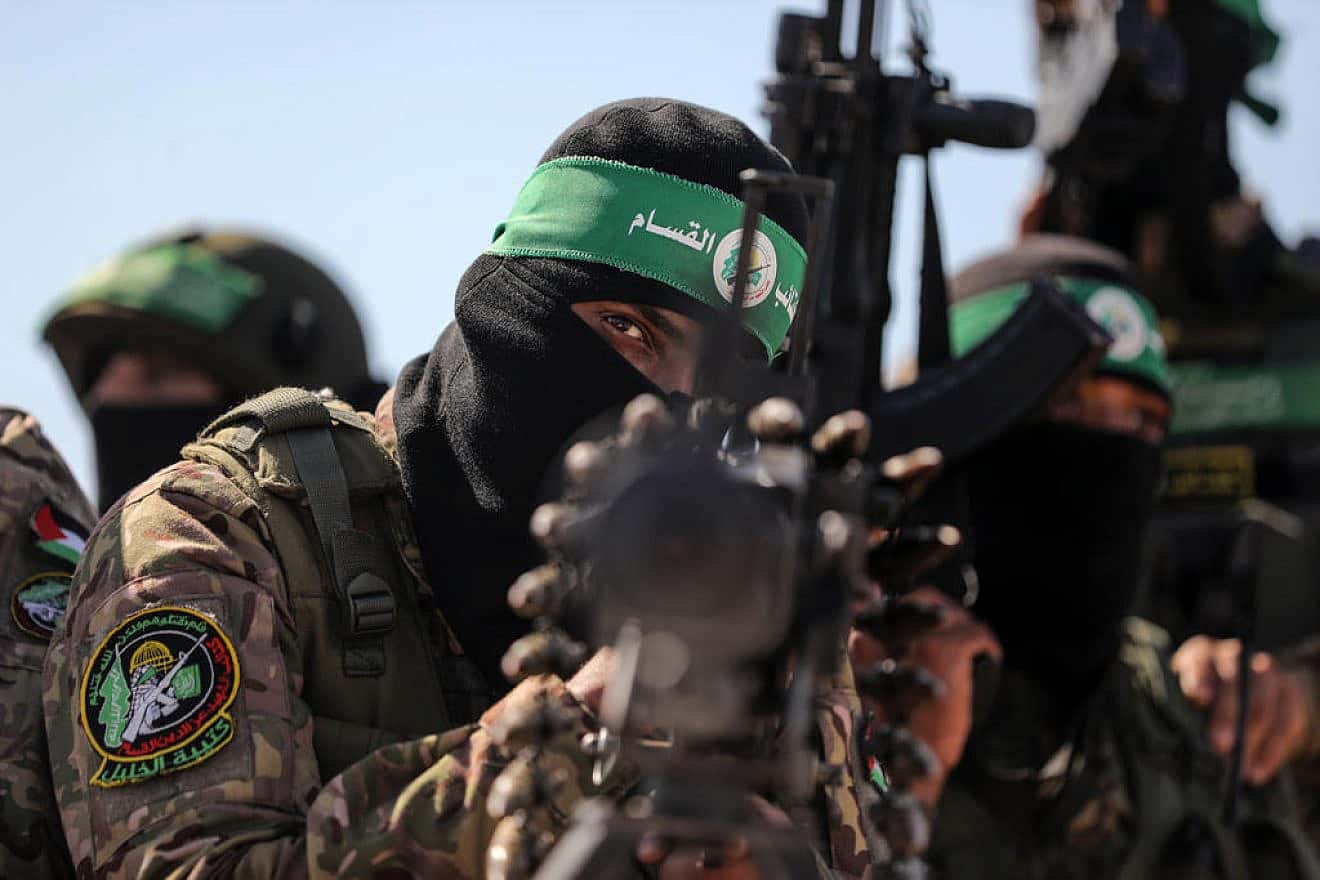
A Missed Opportunity for Peace
Hamas, an acronym for Harakat al-Muqawamah al-Islamiyya (Islamic Resistance Movement), was founded in 1987 during the First Intifada. As a Palestinian Sunni-Islamist militant and political organization, it is recognized by some countries, including the U.S. and the EU, as a terrorist organization due to its armed resistance and attacks against Israel. However, it also functions as a political and social services provider, particularly in Gaza, where it has held power since winning the 2006 Palestinian Legislative Council elections.
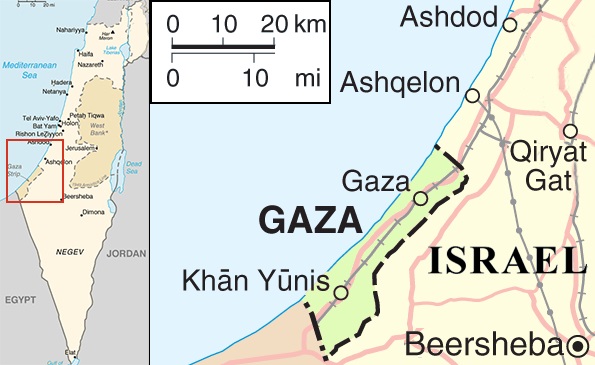
An Invisible Hand in Gaza’s Cage
In the intricate and deeply troubling dynamics of Gaza’s isolation, the European Union (EU) has played an integral yet underexamined role. Despite its stated mission of fostering peace and ensuring human rights, the EU’s involvement in the Rafah border arrangements has inadvertently empowered Israel to maintain a tight grip on Gaza’s access to the outside world. This is a sobering reality in 2024, as Gaza continues to face staggering levels of humanitarian crisis.






